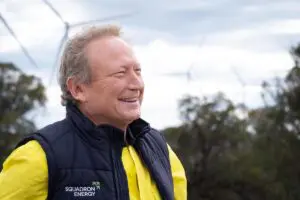The Australian auto market has suffered its greatest dip in sales in at least 30 years as it takes a major hit from dealer closures due to the Covid-19 pandemic.
Sales across all segments and were down by 35% compared to April sales figures, and more than 50 per cent in the passenger vehicle segment, over and above the falls which had plagued the industry over the previous two years.
But as sales of petrol and diesel vehicles continued to plunge, sales of full electric, plug-in hybrid and hybrid vehicles, all jumped significantly, albeit off a low base – suggesting that a fundamental change may be occurring in the Australian vehicle market.
The sales data was recroded by Vfacts, on behalf of the Federal Chamber of Automotive Industries (FCAI). And, once again, the steady rise in EV sales, and the surging interest from prospective buyers, was ignored by the industry.
“May 2020 is the 26th consecutive month of negative growth for the market, and the causative factors are well documented – droughts, floods, bushfires, tight lending conditions, unfavourable exchange rates, and political uncertainty,” said FCAI chief Tony Weber in a statement.
“Now, we add to that the devastating effect of the COVID-19 pandemic over the past three months.
“While COVID-19 is primarily a health crisis, it has brought about an economic crisis as well. These are difficult times for the global and domestic economy, and this of course has repercussions for the local sales sector, including the automotive industry.”
What Weber did not mention is that while the petrol and diesel market fell 36.6% from April to May, the combined sales of electric, PHEV and hybrid cars rose 127.3%.
It’s clear that electrified vehicles in Australia are now becoming increasingly popular, albeit from a relatively low base.
To read the full version of this story – and view the photo gallery – on RenewEconomy’s electric vehicle dedicated site, The Driven, click here…
RenewEconomy and its sister sites One Step Off The Grid and The Driven will continue to publish throughout the Covid-19 crisis, posting good news about technology and project development, and holding government, regulators and business to account. But as the conference market evaporates, and some advertisers pull in their budgets, readers can help by making a voluntary donation here to help ensure we can continue to offer the service free of charge and to as wide an audience as possible. Thankyou for your support.







